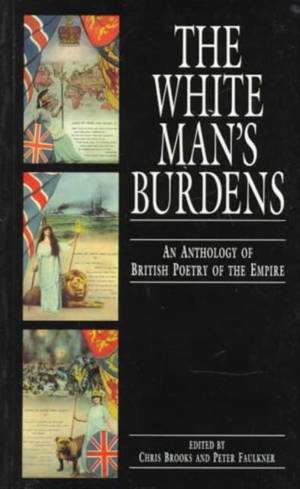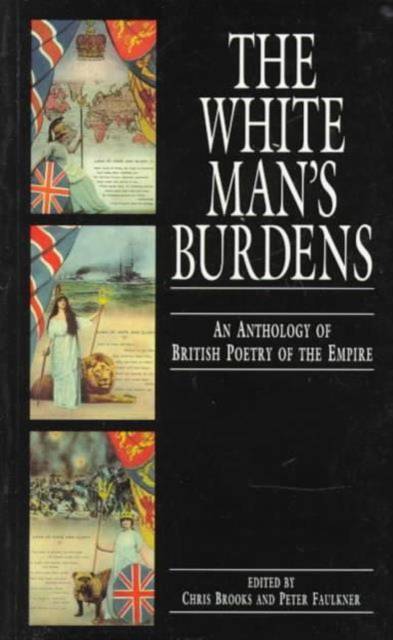
- Afhalen na 1 uur in een winkel met voorraad
- Gratis thuislevering in België vanaf € 30
- Ruim aanbod met 7 miljoen producten
- Afhalen na 1 uur in een winkel met voorraad
- Gratis thuislevering in België vanaf € 30
- Ruim aanbod met 7 miljoen producten
Zoeken
The White Man's Burdens
An Anthology of British Poetry of the Empire
€ 44,45
+ 88 punten
Omschrijving
In 1898, notoriously, Kipling urged the imperialist nations to 'Take up the White Man's Burden' the following year, in Satan Absolved, Wilfrid Scawen Blunt angrily replied, 'The White Man's Burden, Lord, is the burden of his cash'. Such ideological conflicts - and a whole range of intermediate positions - feature in much of the poetry British writers produced about the British Empire over the four centuries of its rise and fall. The discourses of postcolonialism have drawn attention to the major and continuing significance of the cultural products of the period of Western imperialism. But, so far, they have concentrated largely upon fiction and upon the writings and experiences of those parts of the world that were subject to colonialism and imperialist oppression. For the first time, The White Man's Burdens offers a cross-section of British poetry in which the Empire was the burden of the song. The material, much of it previously uncollected, is drawn from a broad cultural spectrum that includes narrative poetry, heroic verse, patriotic ballads, music hall monologues, and poems from Punch. A substantial Introduction sets the poems in the context of the economic, political, and ideological development of British imperial rule, and headnotes historicize the poems themselves, which are presented chronologically - from George Chapman's 'De Guiana: Carmen Epicum' of 1596 to Fred D'Aguiar's 'At the Grave of the Unknown African' of 1993. The result is a poetic summary of the changing attitudes of an imperialist nation to its own imperialism, attitudes which range from jingoism and racism, through religious idealism and liberal anxiety, to outright disgust at the whole enterprise.
Specificaties
Betrokkenen
- Uitgeverij:
Inhoud
- Aantal bladzijden:
- 406
- Taal:
- Engels
- Reeks:
Eigenschappen
- Productcode (EAN):
- 9780859894500
- Verschijningsdatum:
- 1/09/1996
- Uitvoering:
- Paperback
- Formaat:
- Trade paperback (VS)
- Afmetingen:
- 132 mm x 212 mm
- Gewicht:
- 526 g

Alleen bij Standaard Boekhandel
+ 88 punten op je klantenkaart van Standaard Boekhandel
Beoordelingen
We publiceren alleen reviews die voldoen aan de voorwaarden voor reviews. Bekijk onze voorwaarden voor reviews.







